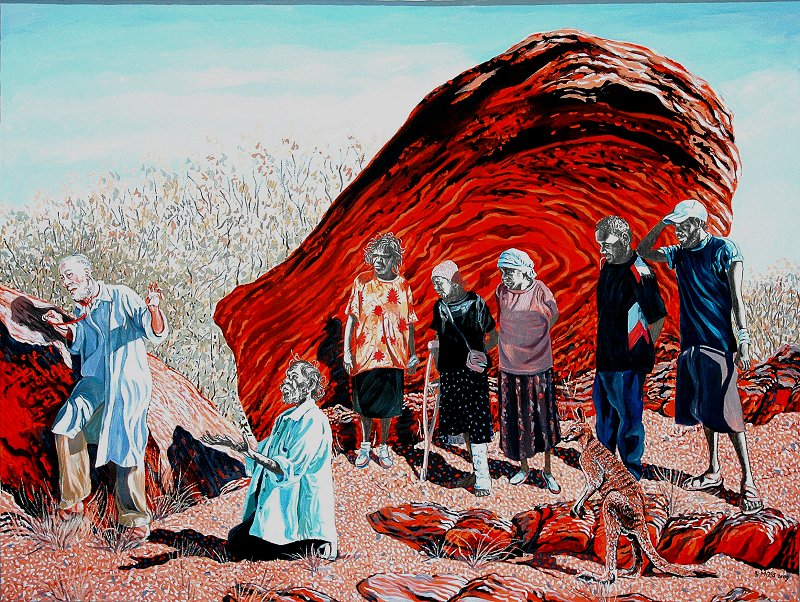Walking up a hill at Yad Vashem about twenty years ago, I overtake an elderly man and his somewhat younger female companion. The man, overweight, is breathing hard. I pause by a cattle car to read the words: this cattle car was one of thousands that ferried Jews to Auschwitz where they died, al kiddush Hashem, in sanctification of the name of God. I stand there for a while, looking at the loathsome vehicle.
The elderly couple have caught up with me. The man reads the words and snorts angrily.
There was no kiddush Hashem. I was there! It was the opposite, all desecration – all of it!
The accent is Polish.
The woman, considerably younger, tries to calm him. Her accent is American. Perhaps an earlier wife perished. Turning to me, a little embarrassed, she explains, We arrived just today. Always, on the first day in Israel, he has to come here, and to the Kotel.
The man has fallen silent.
After a time he speaks.
Once, one time only, was kiddush Hashem.
His voice intense.
The Nazis take all the men of the village. We stand, gathered around our Rebbe, we want to protect him. The Nazis see him, this holy man. The commander screams, Take off your clothes, old man!
A Chillul Hashem, a desecration, this humiliation.
We cannot look.
The commander screams, Anyone who looks away, wewill shoot him.
Our Rebbe stands there, naked. In the square, in front of his people.
That commander takes out his pistol.
The Rebbe asks, Will you grant me one minute to bless my people?
Take two minutes, old man.
Mocking him.
Our Rebbe turns to face us. He lifts his hands up over us and he looks at us, his hundreds. We would follow him anywhere.
The Rebbe speaks his last words. He quotes the heathen prophet, Balaam, who came to curse the Children of Israel, but found himself forced instead to bless them.
Ma tovu ohalecha, Yaakov, mishkenotecha Yisrael. (How goodly are your tents, O Jacob, your dwelling places, Israel!)

Thank you so much, Howard, for your insights and reflection.
Thoughts are with you.
Jan
LikeLike